On October 18, 2023, the U.S. Government suspended certain Sanctions on Venezuela’s oil and gas sector operations; the gold sector of the Venezuelan economy; and purchases in the secondary market of certain Venezuela sovereign bonds and equity. Specifically, the U.S. Department of the Treasury’s Office of Foreign Assets Control (“OFAC”) issued the following regulations:
General License (“GL”) 44: temporarily authorizing all transactions that are related to oil and gas sector operations in Venezuela, including authorizing ordinarily incident and necessary financial transactions with certain blocked Venezuelan banks, such as BCV and Banco de Venezuela SA Banco Universal, related to the oil and gas sector.
GL 43: authorizing certain transactions involving CVG Compania General de Mineria de Venezuela CA (“Minerven”), the Venezuelan state-owned mining company designated pursuant to Executive Order (E.O.) 13850, and guidance that the U.S. Government does not intend to sanction any person solely for operating in the gold sector of the Venezuelan economy.
GL 3I and GL 9H: removing the secondary market trading bans on purchases of certain Venezuelan sovereign bonds and pre-2017 bonds or equity issued by Petróleos de Venezuela S.A. (“PdVSA”).
DRT Commentary
The U.S. Government suspended certain Sanctions in response to recent geopolitical developments related to Venezuela. However, several key Sanctions remain in place, including prohibitions related to (i) transactions involving financial institutions other than Banco Central de Venezuela or Banco de Venezuela SA, Banco Universal; (ii) provision of goods or services to, or new investment in, an entity located in Venezuela that is owned or controlled by, or a joint venture with, an entity located in the Russian Federation; (iii) new debt transactions, such as the provision of loans to PdVSA, that are not for the payment of invoices or repayment of debt through delivery of oil or gas; (iv) transactions with virtual assets issued by, for, or on behalf of the Government of Venezuela. Moreover, the new general licenses do not authorize the unblocking of any property blocked pursuant to the Venezuela-related Sanctions, or transactions involving individuals designated in the Specially Designated Nationals and Blocked Persons List (“SDN”).
To prevent violations of OFAC Sanctions or any other U.S. laws, including the Foreign Corrupt Practices Act (“FCPA”) and the Money Laundering Control Act, individuals and organizations subject to U.S. jurisdiction should conduct an OFAC review of any transaction involving sanctioned persons or countries to confirm whether you need OFAC’s authorization. If necessary, interested parties should request OFAC’s specific license or interpretative guidance before moving forward with the transaction. Further, companies and financial institutions can prevent, detect, and react appropriately to violations of Sanctions by designing and implementing a Sanctions Compliance Program (“SCP”). Having an effective SCP in place is also a significant mitigating factor that OFAC will consider when deciding whether to impose sanctions based on an apparent violation of its regulations, or for calculating the appropriate penalty.
DRT has extensive experience in counseling individuals and international organizations in their efforts to secure compliance with Sanctions. This work includes transaction screenings, OFAC compliance assessments, design, and implementation of SCPs, and/or requests for OFAC’s interpretive guidance or specific licenses.
* By Michael Diaz, Jr, Javier Coronado Diaz, Isabela Hernández-Peredo Martínez.
** This newsletter is not intended to serve as legal advice. No legal opinions are intended, nor should any be inferred. You are welcome to contact us to discuss legal solutions tailored to your needs and the specific circumstances of your situation.
Michael Diaz, Jr., Global Managing Partner, mdiaz@diazreus.com
Javier Coronado, Partner, jcoronado@diazreus.com
Tel: +1 305 375 9220





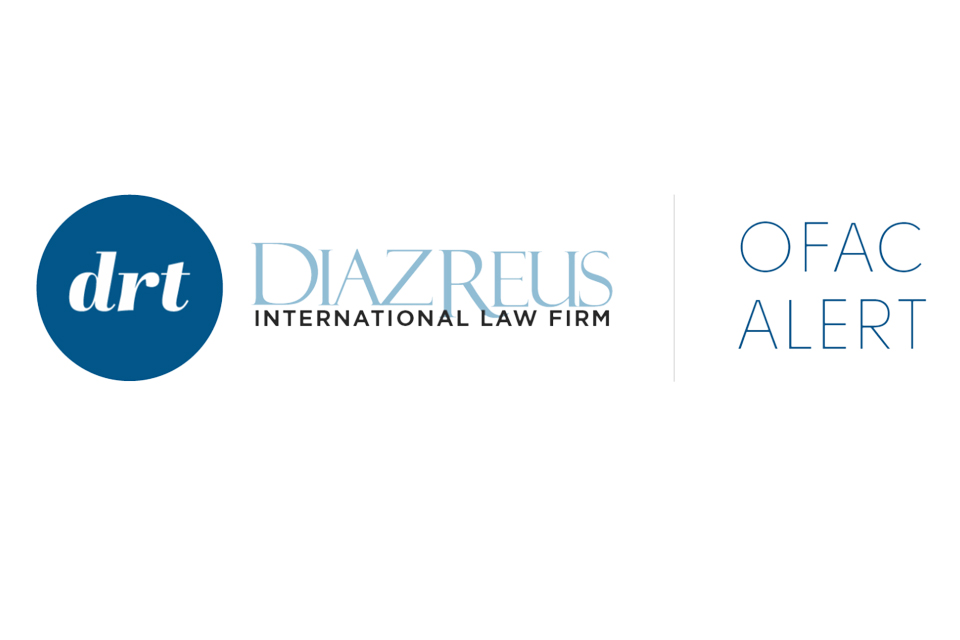


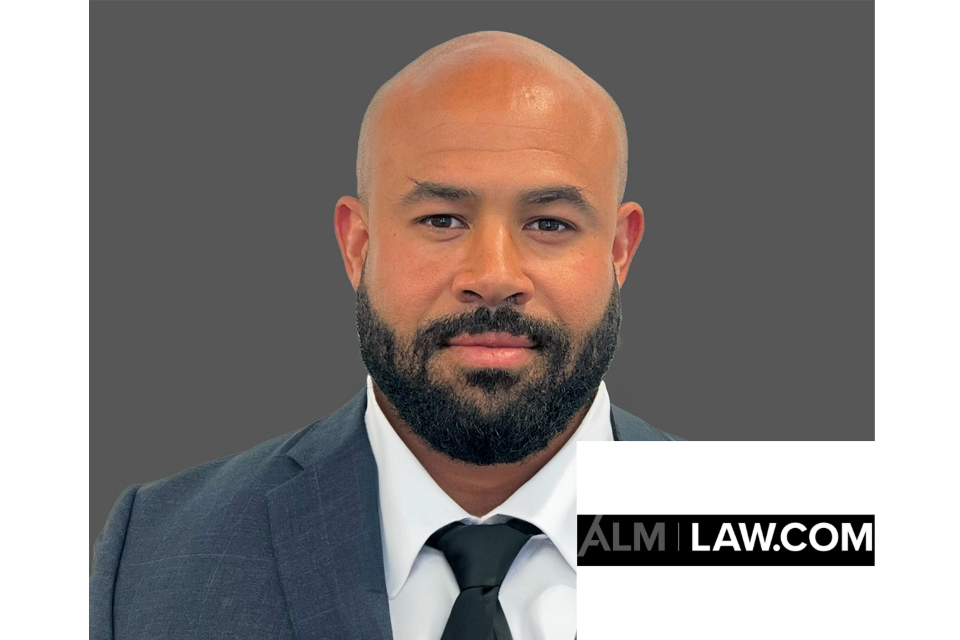



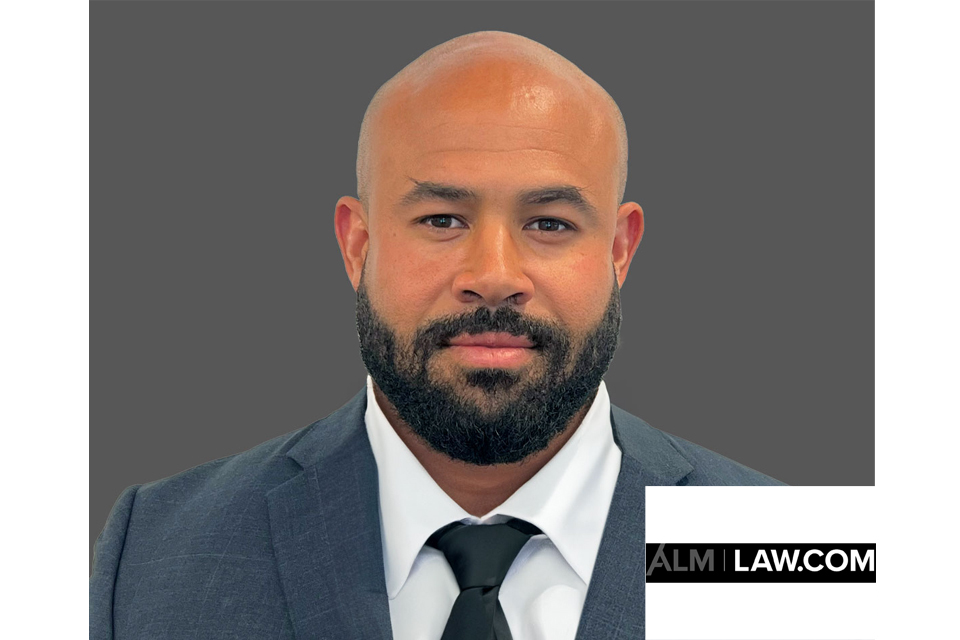

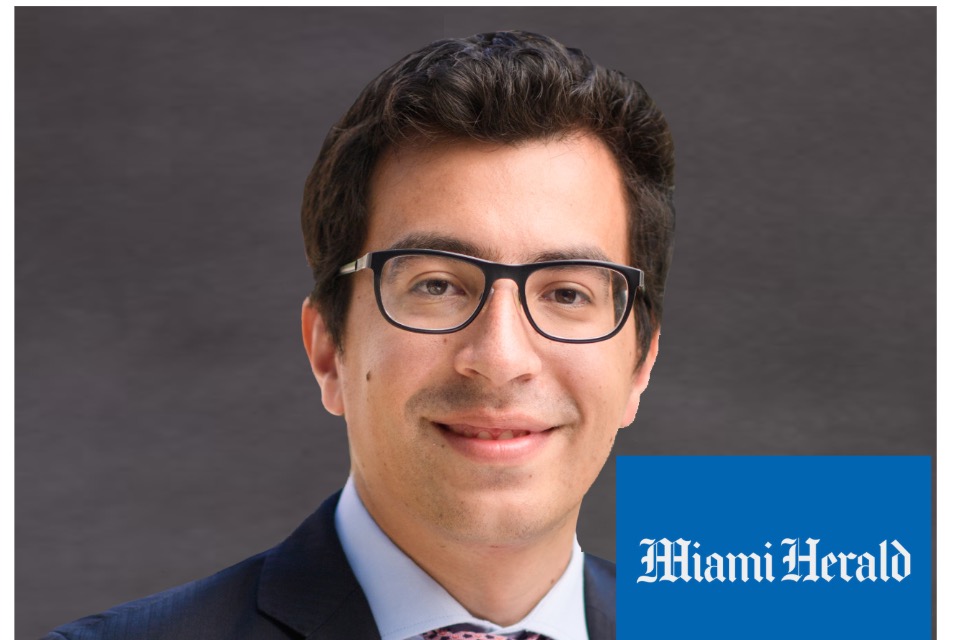




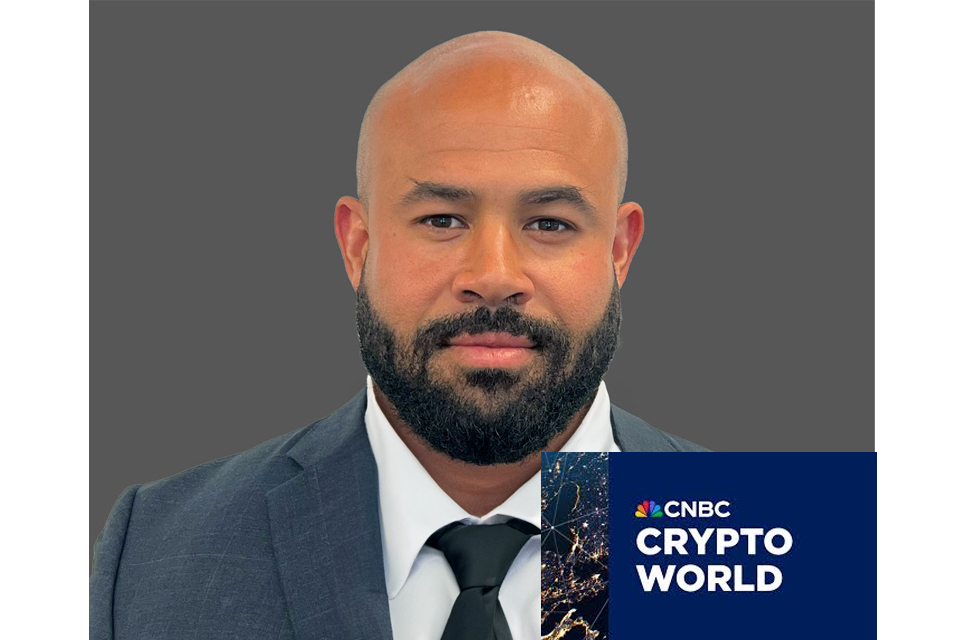



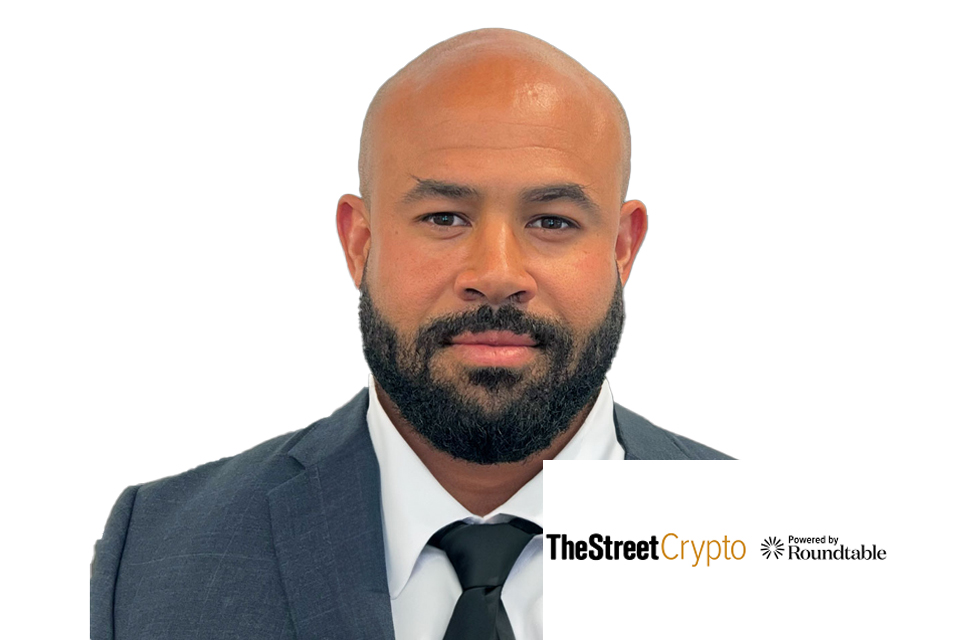













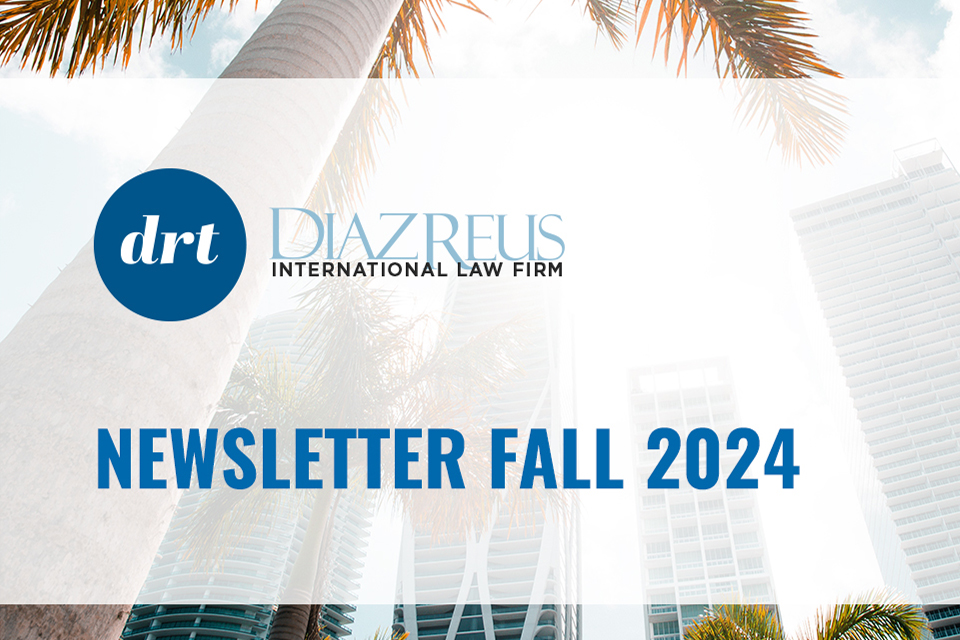


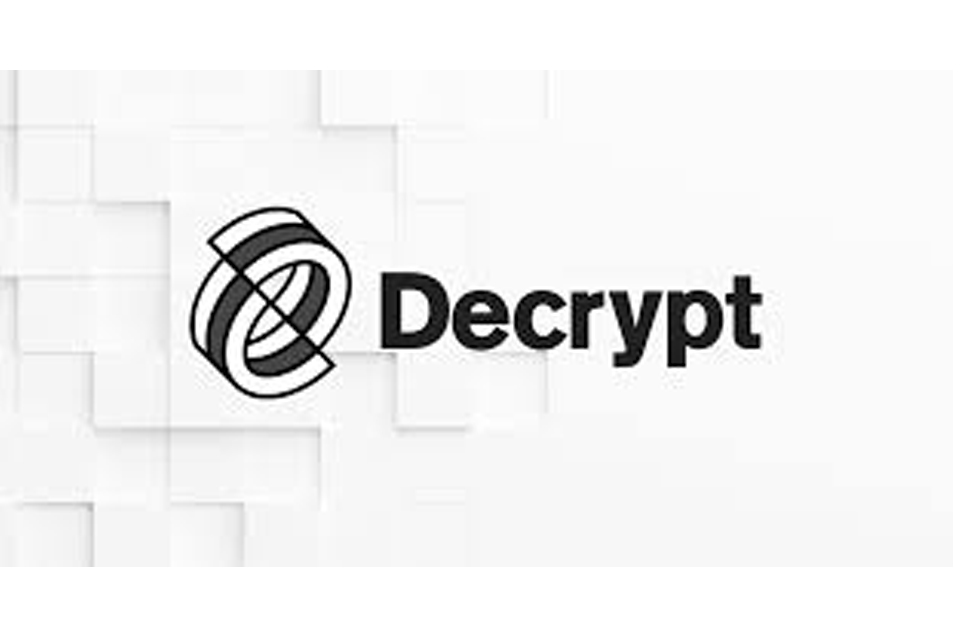



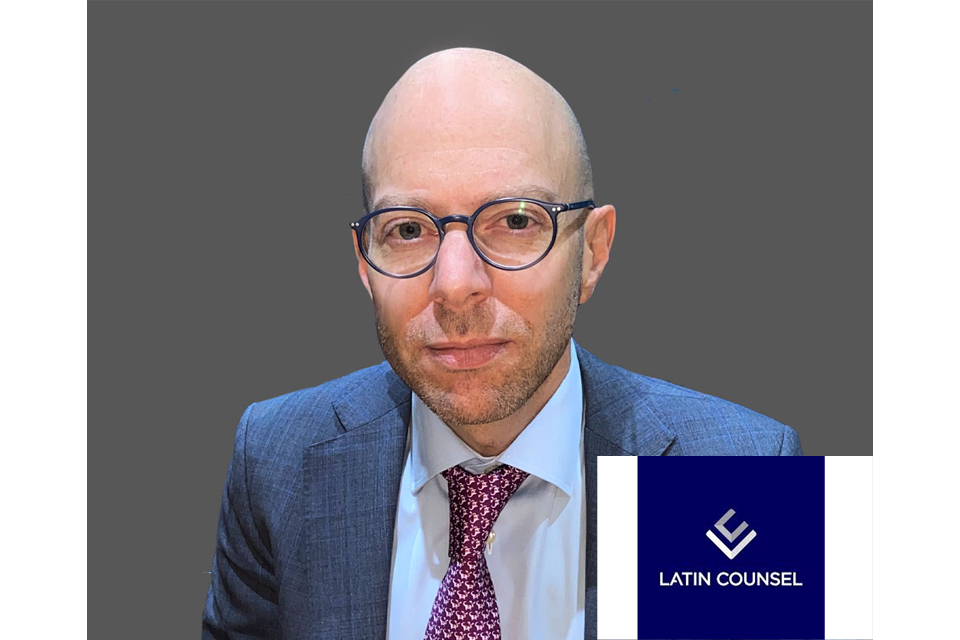





































![Especial abogados Salón de la Fama[61] 4](https://diazreus.com/wp-content/uploads/2023/06/Especial-abogados-Salon-de-la-Fama61-4-pdf.jpg)



























































































































































































